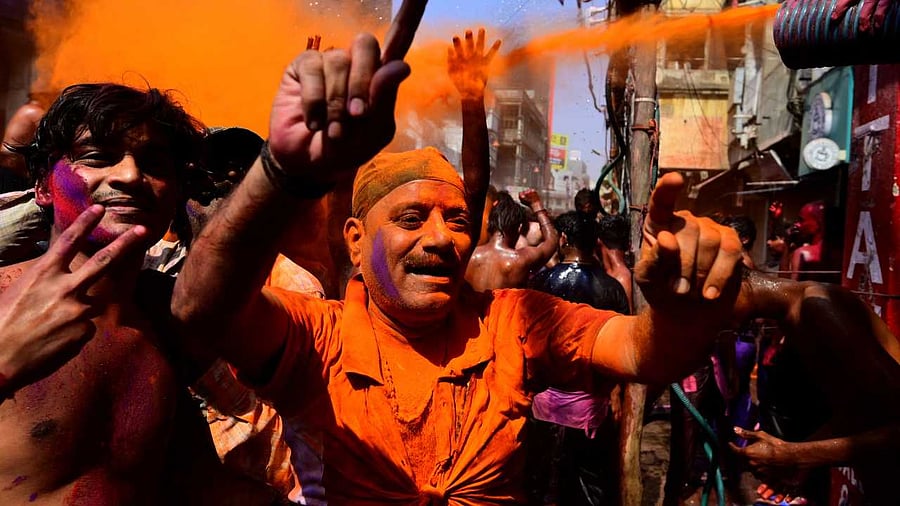
While the rest of the country sees a riot of colours on Holi, over 100 villages in Dharchula and Munsiyari regions of Uttarakhand’s Pithoragarh district have been boycotting the festival and its celebration. They go by the belief that celebrating Holi will mean dirtying 'God's own mountains' with colour stains, according to a Times of India report.
“Locals in these Pithoragarh villages worship the Chipla Kedar deity, a form of Lord Shiva and Bhagwati, his consort. As part of the holy expedition, pilgrims perform 'parikrama' and take holy dips in the Chipla Kedar 'kund', also known as Gupt Kailash. They believe the land of the deities will be sullied by colours,” Narendra Singh, a resident of Baram village in Dharchula told the publication.
"So, playing Holi is considered inauspicious. For these people, Holi is just another regular day. This has been the norm for years, No one wants to annoy the gods. Why take a chance?" he was quoted saying.
There is a common belief that runs in this part of the state that anyone who celebrates Holi will see tragic events unfurl in their lives. It is also believed that families who have celebrated Holi have seen a series of mishaps, like deaths in the family.
"This land belongs to Bharadi Devi and colour is prohibited here. It is believed that Holi will bring bad luck, so we stay away from colours," said Khusal Harkotia, a resident of Harkot village in Munsiyari, told TOI.
However, a Mussoorie-based historian Jai Prakash was quoted saying that historically, Holi is not a festival of hills. "The tribal communities in the state, especially in the Jaunsar-Bawar region in Garhwal and other interior parts, do not believe in the rituals of Holi. Due to migration, people are slowly starting to adapt to new cultures and traditions."
